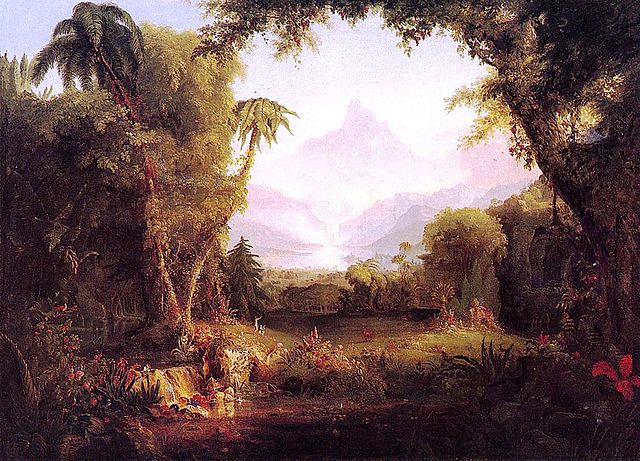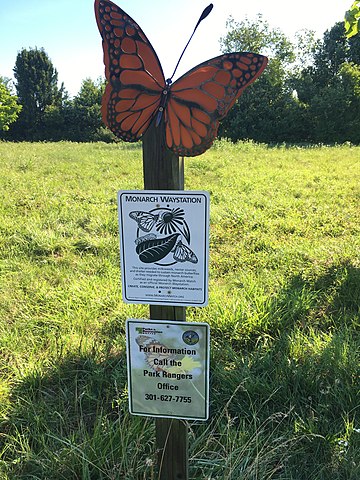Mormons pride themselves on being “a temple-building” people. Yet we often miss, or fail to comprehend, numerous references to temples throughout the Old and New Testaments. Indeed, a compelling argument can be made that much of the Bible is one long meditation on the subject of sacred space. And it begins at the beginning.
Contrary to popular belief, the creation story in Genesis does not purport to explain the origins of the universe; nor is it a literal description of how our world came to be. Rather, it is an account of the transformation of the material cosmos, which had evolved over eons, into a place where God can interact with his children.
Continue reading “Jehovah’s Temple Project”


